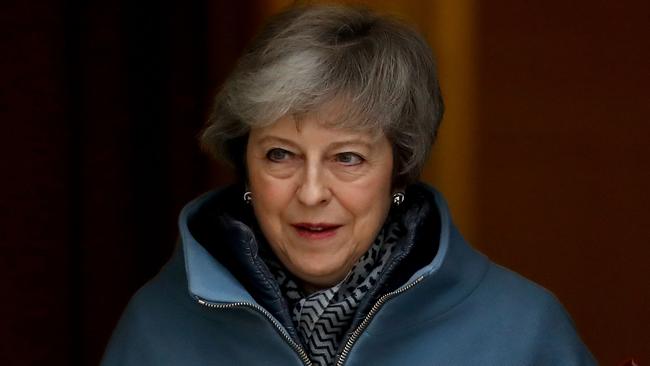UK unis can cash in on students but grant streams uncertain
British universities might be able to start charging EU students more than the current £9250 limit.

Overseas students from EU countries make up about 5 per cent of those in England and are treated the same way as local students. They pay at most £9250 ($17,300) a year for tuition and have access to generous state-provided loans to meet the cost.
The government has promised to extend this support to EU students starting courses this year, but hasn’t said what will happen after then. In the event of a no-deal Brexit, the government would have little incentive to extend financial support to EU students.
Some in the sector say universities might benefit from the shock. Since EU students would no longer be able to claim government support, universities would be free to charge them more than £9250 a year, as they do international students from outside the EU (fees can be hefty: a fine arts degree from University College London costs £26,430 a year, for instance).
Concerns about the flow of students are mirrored by concerns about the flow of research. Any perceived threat to the free movement of scientific ideas across national borders tends to irk academics. Before the Brexit referendum, straw polls of researchers in British universities suggested they tilted strongly in favour of remaining in the EU.
There is little sign that sentiment has shifted since the vote.
Worries over Brexit’s impact on science are centred on Britain’s participation in the EU’s seven-year-long research programs. Horizon 2020, the current one, will dole out about €77bn ($124bn) between 2014 and 2020.
Its successor, Horizon Europe, will have a budget of €100bn if the European Commission gets its way, though the figure that will eventually be agreed on by the EU is likely to be lower.
On average, Britain’s universities have received about €700m from that pot each year. This corresponds to about 8 per cent of the sum they spend on research.
More importantly, it allows researchers in different countries working on the same project to apply for EU cash together, rather than turning to their own nation’s funding agencies. If successful, they can begin work simultaneously. This strengthens scientific collaboration and is not easily replaced by increases to national science budgets.
In the event of a no-deal Brexit, Britain would no longer be eligible for EU funding. However, the British government has agreed to underwrite for British researchers any successful application for Horizon 2020 grants made before the Brexit date.
But British institutions charged with co-ordinating grants for partners in other EU countries face uncertainty. Neither the British government nor the EU has agreed to transfer funds to British universities that will ultimately be used for research outside Britain.
After a no-deal Brexit, British institutions could still apply for Horizon 2020 programs (open to countries not in the EU) and the British government will guarantee funding. But this excludes three funding streams. One of these is the SME instrument, through which small businesses in Britain have won about €20m to €40m for research each year.
The other two, European Research Council grants and Marie Sklodowska-Curie Actions (the EU’s research fellowship program), are competitive, prestigious and together net British higher education more than €500m per year.
Britain’s universities, ranked highly in international league tables for research, are a popular destination for grant winners. Members of the Russell Group of 24 leading British universities have, for example, secured 17 per cent of ERC grants between 2007 and 2017, more than the total won by all German universities.
On top of Horizon 2020 cash, British universities also receive research funding from EU-based charities and the private sector to the tune of around €100m.
The future of such revenue streams will be more uncertain post-Brexit. In the longer term, the impact of a no-deal Brexit on science will depend largely on the degree to which researchers can have access to EU research programs. Moreover, this option would almost certainly require a deal on immigration to allow academics and technicians from the EU to work freely in Britain.
Many scientists on relatively low salaries would fall foul of Britain’s visa rules.
About 16 per cent of academic researchers in Britain are from EU countries. Like other EU nationals, they will be able to apply for settled status. Universities, however, fear that unless visa rules are changed they will have difficulty recruiting staff in future.


